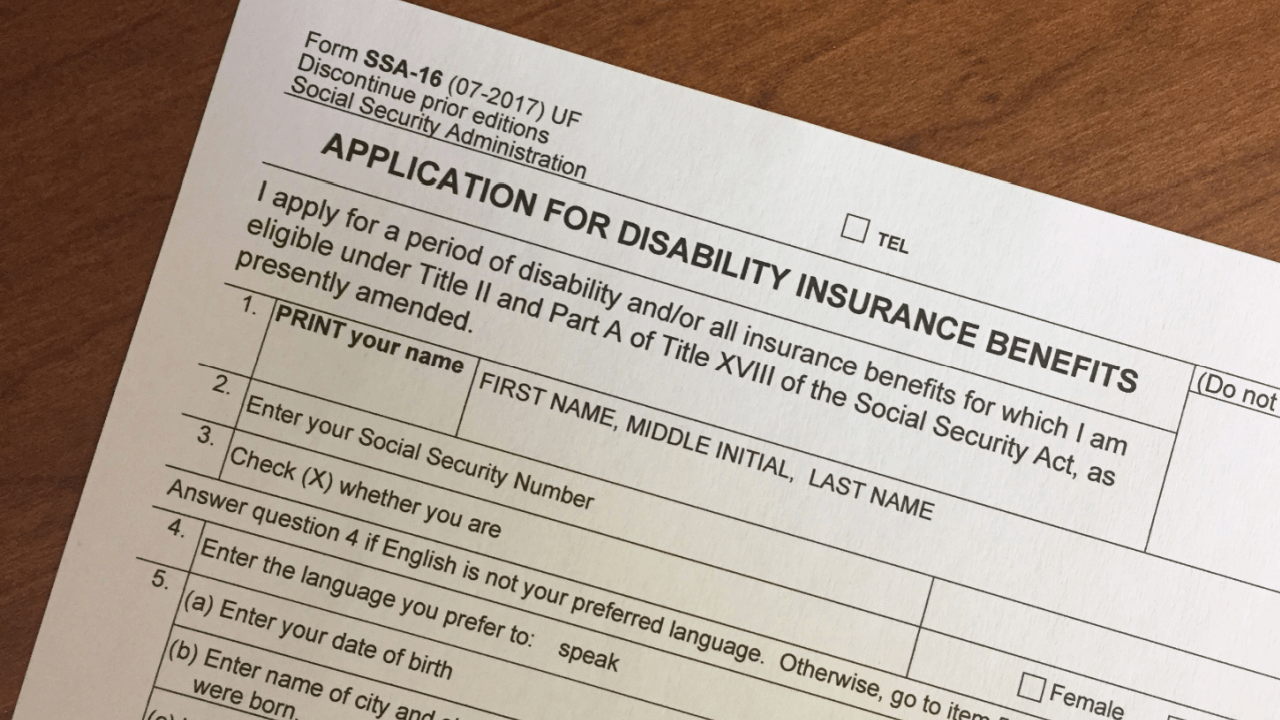
What Is The 12 Month Rule For Social Security Disability
Basic Definition: What Is The 12 Month Rule For Social Security Disability
What is the 12 month rule for social security disability? The 12-month rule requires that your medical condition has lasted or is expected to last for at least 12 consecutive months or result in death. This fundamental requirement determines whether you qualify for Social Security Disability Insurance (SSDI) or Supplemental Security Income (SSI) benefits.
The Social Security Administration (SSA) established this rule to ensure that only people with long-term, severe disabilities receive benefits. Unlike workers’ compensation or short-term disability insurance, Social Security disability programs only provide benefits for total disability lasting at least one year.
Duration Requirements: How The 12-Month Rule Works
The 12-month rule for social security disability operates as a strict timeline requirement. Your medical condition must meet one of these criteria:
Your disability has already lasted 12 consecutive months, or medical evidence shows it will continue for at least 12 months. Alternatively, your condition is expected to result in death before the 12-month period ends.
The SSA evaluates medical records, doctor reports, and treatment history to determine if your condition meets this duration requirement. Temporary injuries, short-term illnesses, or conditions expected to improve within a year typically don’t qualify under the 12-month rule for social security disability.
Medical Evidence: Proving Your Condition Meets The Rule
Understanding what is the 12 month rule for social security disability includes knowing what medical evidence supports your claim. The SSA requires documentation from acceptable medical sources, including licensed physicians, psychologists, and other qualified healthcare providers.
Your medical records must show ongoing treatment, consistent symptoms, and a poor prognosis for recovery within 12 months. Progressive conditions like multiple sclerosis, terminal cancer, or severe heart disease often clearly meet the 12-month rule for social security disability because they typically worsen over time.
Chronic conditions with unpredictable flare-ups, such as lupus or fibromyalgia, require extensive documentation showing persistent symptoms and functional limitations lasting beyond 12 months. The key is demonstrating that your condition significantly impairs your ability to work.
Important Exceptions: When The 12-Month Rule Is Modified
Certain conditions receive special consideration under the 12-month rule for social security disability. Amyotrophic Lateral Sclerosis (ALS) is automatically considered to meet the duration requirement, and approved applicants receive benefits immediately without the typical five-month waiting period.
The SSA maintains a Compassionate Allowances list of conditions that obviously meet the 12-month rule for social security disability. These conditions include certain cancers, rare genetic disorders, and severe neurological conditions where the prognosis is clearly longer than 12 months or terminal.
Substantial Gainful Activity Considerations
Even if your condition meets the duration requirement, you must also be unable to perform substantial gainful activity. This generally means earning below the SSA’s monthly SGA threshold (with a higher threshold for blind individuals). The 12-month rule for social security disability works alongside this earnings test to determine eligibility.
Strategic Application: Strengthening Your Disability Claim
When applying for benefits, clearly document how your condition affects daily activities and work capacity over the 12-month period. Consistent medical treatment, detailed physician notes, and objective test results strengthen your case under the 12-month rule for social security disability. Recent improvements to the disability evaluation process, detailed in the Federal Register’s official rule changes, have streamlined the application process by reducing work history requirements from 15 to 5 years.
Consider how your condition impacts specific job functions. If you previously worked as a construction worker but developed severe back problems, explain how lifting restrictions and chronic pain prevent you from returning to this work for at least 12 months.
Final Assessment: Understanding Your Rights Under The Rule
The 12-month rule for social security disability serves as a gateway requirement for all disability claims. Meeting this duration standard doesn’t guarantee approval, but failing to meet it ensures denial. Focus on building strong medical evidence that clearly demonstrates your condition’s severity and expected duration beyond 12 months.
Protect Your Disability Rights
Don’t wait to file your disability claim if your condition meets the 12-month rule for social security disability. Contact a qualified disability attorney who can help you navigate the complex application process and maximize your chances of approval.
Frequently Asked Questions
1. Does the 12-month rule apply to both SSDI and SSI?
Yes, both Social Security Disability Insurance and Supplemental Security Income require that your condition last or be expected to last at least 12 consecutive months.
2. Can I apply before my condition reaches 12 months?
Yes, you can apply as soon as medical evidence shows your condition is expected to last 12 months or longer, even if it hasn’t reached that duration yet.
3. What happens if my condition improves before 12 months?
If your condition significantly improves and you can return to substantial work before 12 months, you may lose eligibility for continued benefits.
4. Are there any conditions exempt from the 12-month rule?
ALS automatically meets the duration requirement, and certain terminal conditions on the Compassionate Allowances list are fast-tracked for approval.
5. How does the SSA verify the 12-month duration requirement?
The SSA reviews medical records, treatment notes, diagnostic tests, and physician statements to determine if your condition meets or exceeds the 12-month requirement.
Key Takeaways
- The 12-month rule requires your disability to last at least 12 consecutive months or result in death
- Both SSDI and SSI programs apply this strict duration requirement to all applicants
- Strong medical documentation from qualified healthcare providers is essential for proving duration
- ALS and certain terminal conditions receive special consideration under the 12-month rule
- You can apply before reaching 12 months if medical evidence supports the expected duration


